
The Hovel
“Hard by here is a hovel. Some friendship will it lend you ‘gainst the tempest.” – King Lear
“Literary experience heals the wound, without undermining the privilege, of individuality.”
C.S. Lewis, An Experiment in Criticism
The literary tradition imaginatively chronicles the experience of sinners and sufferers through the ages. When engaged with, it both enlarges our own limited perspective so we may see compassionately through the eyes of others, and also holds up a mirror to human nature – in particular, our weakness – thereby highlighting our need for true relationship. CenterForLit’s blog, The Hovel, aims to act as a doorway to this kind of community by facilitating life-giving conversation about the reading experience, literary education, and literature’s great ideas.
-

Floods and Arks – Private Libraries and the Preservation of Western Culture
Over the past several years I have become aware of a growing conversation around the issue of independent bookstores. These are, as I’m sure you are aware, disappearing in the wake of larger book sellers such as Amazon and Barnes & Noble, who offer substantial discounts, free shipping, and easy payment options through their membership platforms. Small book sellers simply cannot compete with the pricing of their larger competitors, who buy in bulk and are able to undercut their small-scale counterparts…
-

Your Life is Perfect
What would you say if I told you that your life was perfect? You’d probably say something like: “You don’t know my life.” I know, I know. That’s what I’d probably say, too. But really, think about it. Where does this knee-jerk response come from? What ideas undergird our common denial? Let’s do a thought experiment and examine our presuppositions together. I’ll go first…
-

Favorite Staff Reads of 2024
by CenterForLit Staff This post contains affiliate links. CenterForLit will make a small profit from your purchases on Bookshop.org at
-
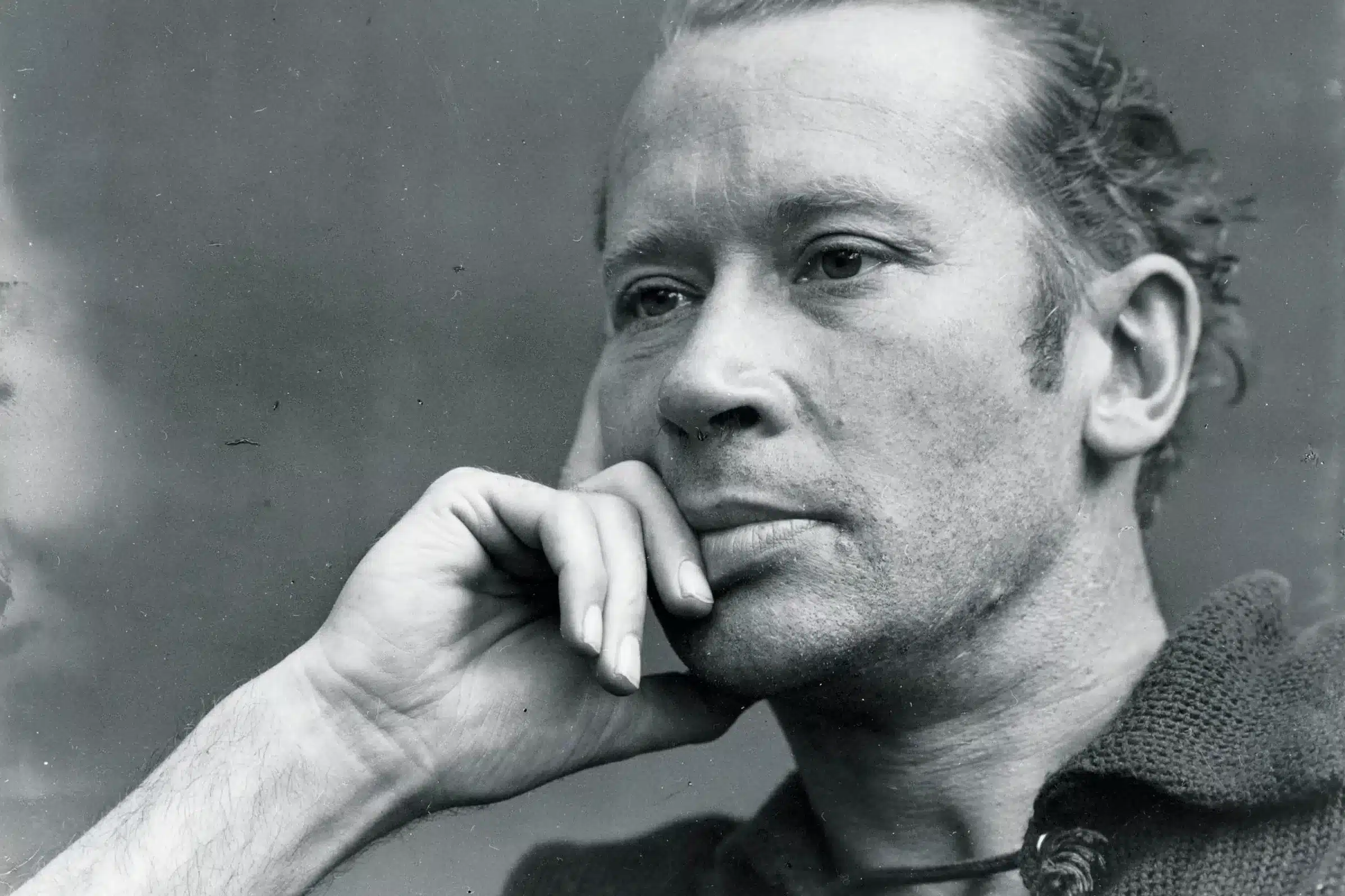
Gateway Stories to the Classics: “enormous SMALLNESS”
by Missy Andrews Some of us love poetry all our lives. Others write it all of theirs. Edward Estling Cummings
-
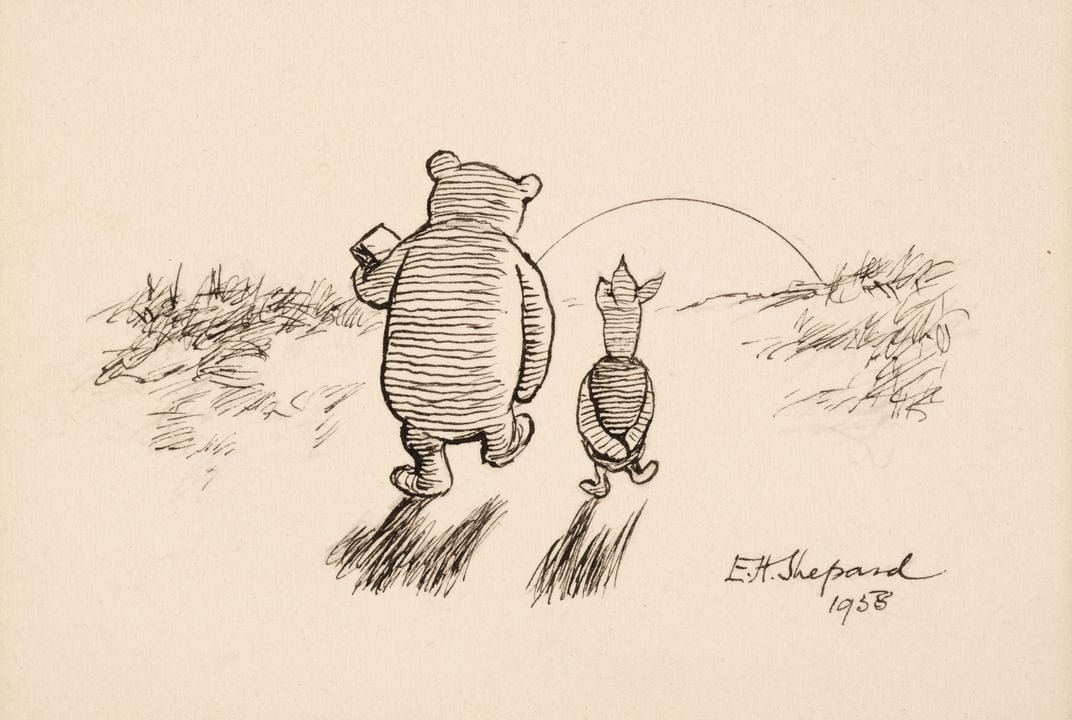
Books Without Covers: Stories My Kids Loved to Pieces
Those who visit the Andrews’ family library may find themselves somewhat disappointed. Few first-edition, signed copies of the great works of the Western canon grace our shelves. Though our bookshelves burgeon with classics, our books bespeak a different kind of collection. Many were gathered painstakingly by treasure hunting at used bookstores, thrift stores, and garage sales. Some were gifts from friends and family. Others were acquired through liquidation sales at public libraries. Tattered and torn, the Andrews Library houses books our family has discovered, shared, read, and re-read through the changing years and seasons of our lives…
-

Finding Energy for the Work of Education
When I was engaged in my homeschooling efforts, I thought I had that wholeheartedness part down. I pushed and strove and worked diligently. But whether I did this “as to the Lord and not to please men,” well, that varied from day to day, from moment to moment. And in those moments when the fear of man drove me, the homeschooling project became a snare, an idol that threatened to devour me and my children…
-

The Gospel for Homeschool Parents and Teachers
It’s back-to-school time and emotions are running high. I can almost hear the air crackling with energy. Some of us are excited at the thought of another year of books and bouquets of sharpened pencils. Crisp fall days, sharp minds, early mornings, and familiar routines beckon and promise order, productivity, and progress. Others will admit to being a bit anxious, filled with a nagging fear that this year might look just like last year – a failure, that is…
-

A Prayer for Moms on the Cusp of a New Homeschool Year
I’m thinking about you homeschool moms this week and remembering my own years in the trenches with my kiddos. So, I dug out some old journals from my 25 years of homeschooling to remember what filled my thoughts and heart in those Septembers past…
-
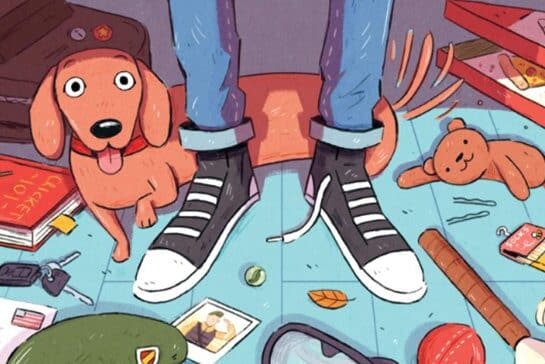
Review: Pay Attention, Carter Jones
When young Carter Jones opens his door at 7:15 one morning, he never expects to find an English butler. Enter Mr. Bowles-Fitzpatrick, a gentleman’s gentleman from England, whose master, Carter’s grandfather, willed him to the family upon his death. When Carter’s mother, stating the obvious, suggests a dearth of gentlemen upon the premises, the butler merely eyes Carter, retorting, “Perhaps not yet…”
-

The Wound of Individuality and the Literary Experience
I was recently troubled by a conversation that occurred in a book club I attend. We’d read The Five Wounds, a contemporary novel by Kirstin Valdez Quade about a dysfunctional, multi-generational Hispanic family. A participant expressed doubt about his ability to read Quade’s novel with proper understanding and “sensitivity,” because he doesn’t share the author’s heritage or gender…
-
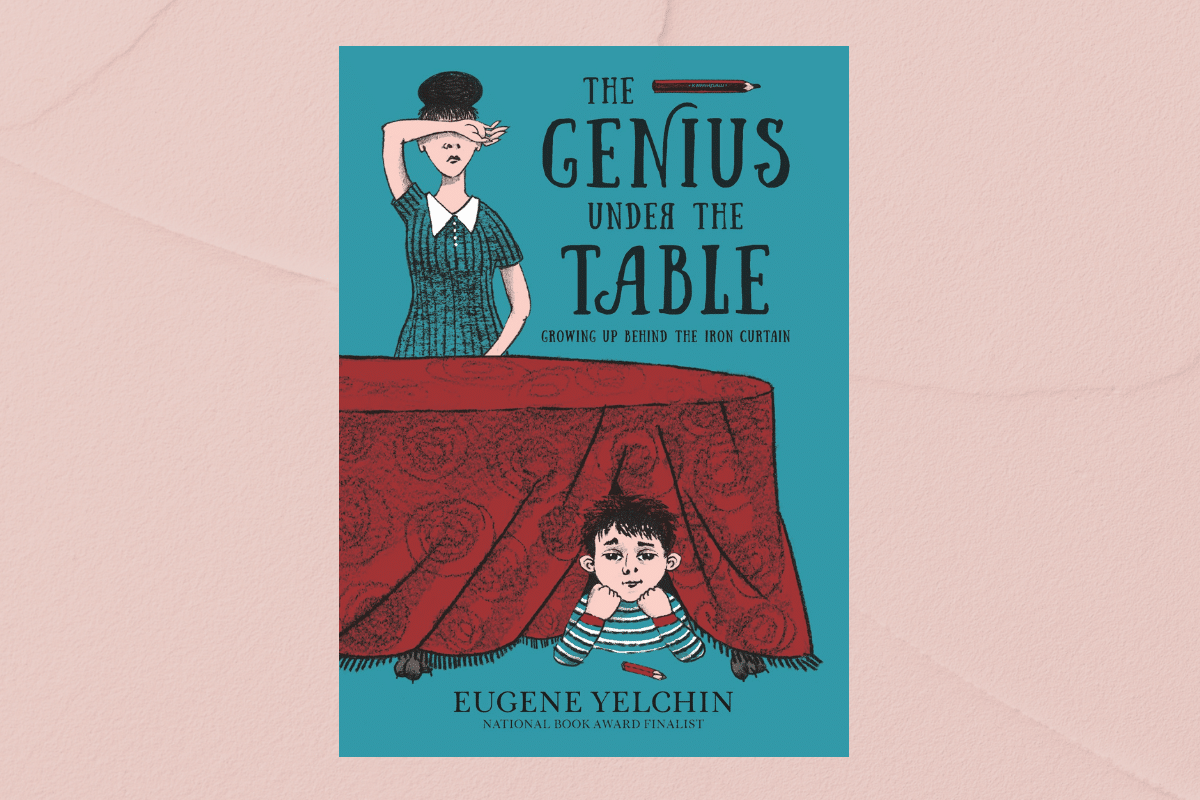
Uncommon Talent: A Review of “The Genius Under the Table”
National Book Award finalist Eugene Yelchin offers a poignant satirical portrait of his childhood in his 2021 autobiography, The Genius Under the Table: Growing Up Behind the Iron Curtain. With humor and sensitivity, he describes his experiences growing up in Cold War Russia…
-
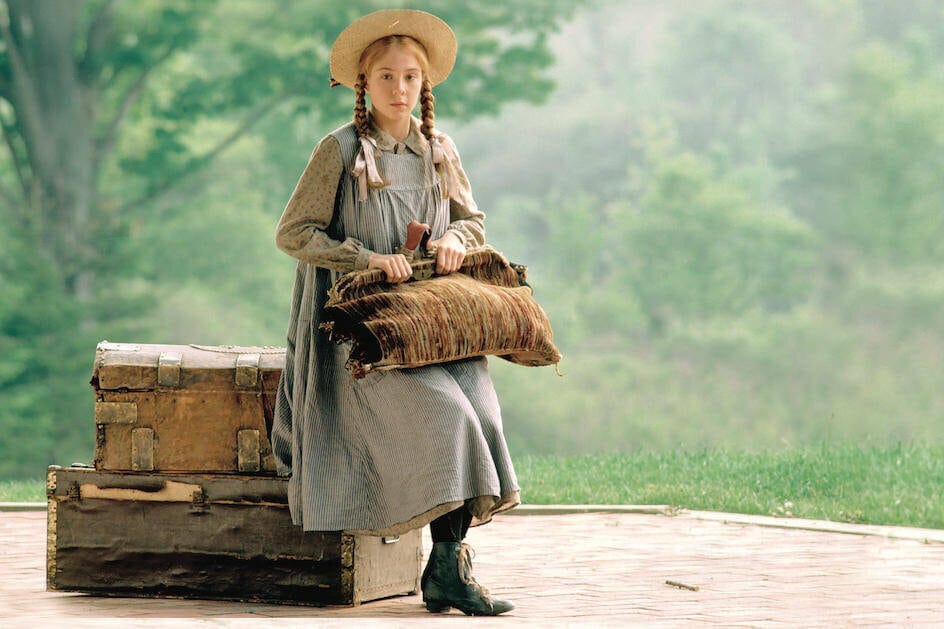
Anne of Green Gables and the Case for Challenging Books
I’m sure I’m not alone when I say this past year of homeschooling was pretty mediocre. Even for long-time homeschoolers like our family, this pandemic has brought about some challenges and pulled more than a few weaknesses into the light! In fact, one of the only subjects that I can confidently say we’ve tackled with any measure of success is literature study. And, for my 8yo this year, lit study meant reading Anne of Green Gables…
-

Scheherezade and the King: A Modern Narrative Diversion Addressing an Ancient Problem
When five-year-old Khosrou’s Shiite Muslim mother converts to Christianity, his life changes forever. Soon he finds himself hurried onto a plane, leaving behind his father and the familiar landscape of Iran to live as a refugee in the United States. Rural Oklahoma’s flat and dusty landscape isn’t the only thing unfamiliar to him; his very self seems strange in his transplanted condition. Everything is new: new home, new father, new school, new language. He even has a new, American name: Daniel. Who is he now? Will he ever feel at home in this new place? Will he ever belong in…
-

In Defense of Dr. Seuss
Welp, they’ve started canceling Dr. Seuss, and on his birthday, no less. And to think it could happen to Mulberry Street! March 2, Dr. Seuss’s birthday, is National Read Across America Day (#DrSeussDay across social media). It’s an annual event by the National Education Association (NEA) encouraging reading among school-aged children. Yet this is the moment that the NEA, along with the White House, has chosen to break from tradition…
-
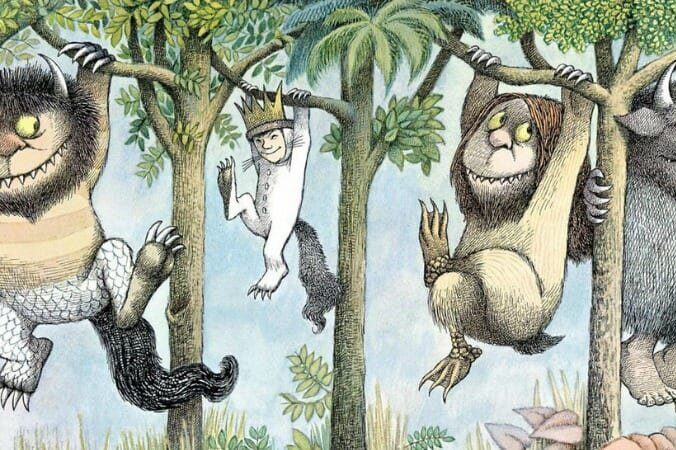
Wild Things and the Heavenly Host
It’s a wild world we live in. Consumption runs rampant, our politics resemble a rumpus, and we are cordoned off from community. Max, the wild child from Maurice Sendak’s iconic Where the Wild Things Are, knows a thing or two about such predicaments. From the confines of his bedroom, Max travels to the wildest world of all, embarking on a mysterious, monster-filled journey which culminates in a reminder of hope and our heavenly haven. Perhaps the Wild Things can call us to turn from our rebellion and revel in the one in whom authority and glory resides…
-

Innocence and Eternity in “The Snow Queen”
Disney claims The Snow Queen as inspiration for their Frozen movies. Spoiler alert: aside from a few frozen hearts melted by self-sacrificial love, the similarities cease. In fairytale form, The Snow Queen elucidates the true nature of innocence, the pitfalls of our fallenness, and the path into eternity. Hans Christian Andersen’s story leads us, with his characters Gerda and Kay, to die to the “sensibility” of the world and to discover the true essence of life…
-

The Lighthouse Man
Every redemptive story has a redeemer. This should go without saying — should. So often, worthwhile stories are interpreted in the shallows where they seem to satisfy modern affinities for personal affirmation. Their worthy depths wait, unsounded. Enter, The Little Red Lighthouse and the Great Grey Bridge. This classic 1940’s tale by Hildegard H. Smith and Lynd Ward tells the story of a self-important little lighthouse who becomes despondent when an enormous suspension bridge is built by his side. It’s face-value message is that everyone has a pivotal role to play, no matter how small they might seem. Yet, this…
-

The Frog Prince and the Answer to Everything
Once upon a time, there was a princess who was so beautiful that even the sun, who saw everything, was bemused by her beauty every time he shone down upon her. On hot days, she liked to go sit near a cool well on the edge of a dark wood by the castle, take out her favorite plaything—a golden ball—and pass time by throwing it in the air and catching it again. One day, the golden ball dropped and fell into the well instead of into the girl’s hands…
-

Absurdity, Ideals, and Shakespeare’s Bawdy Humor
I find absurd humor hilarious. It’s dark (my husband could use your prayers) but is there anything funnier than an existential paradox? Consider an example I have been pondering recently: Shakespeare. We hold him in such awe. We teach his work throughout the curriculum, hoping to instill some small fraction of his eloquence and wisdom in our students. We study his kings to inform our political philosophy. We study his comedies to understand love. We study his tragedies to shape our moral bearings. We study his humor…
-

Homeschooling and Identity
From the moment we are old enough to be self-aware, we are on a quest to discover who we are. This search for identity is complicated by the many, disparate voices around us, but what they all have in common is a fundamental presupposition that identity is created – that we, as human beings, make ourselves. Aristotle gets credit for saying something of this sort initially. He said that we are what we do continually, which I think explains a lot of the psychological angst associated with our self-concepts…
